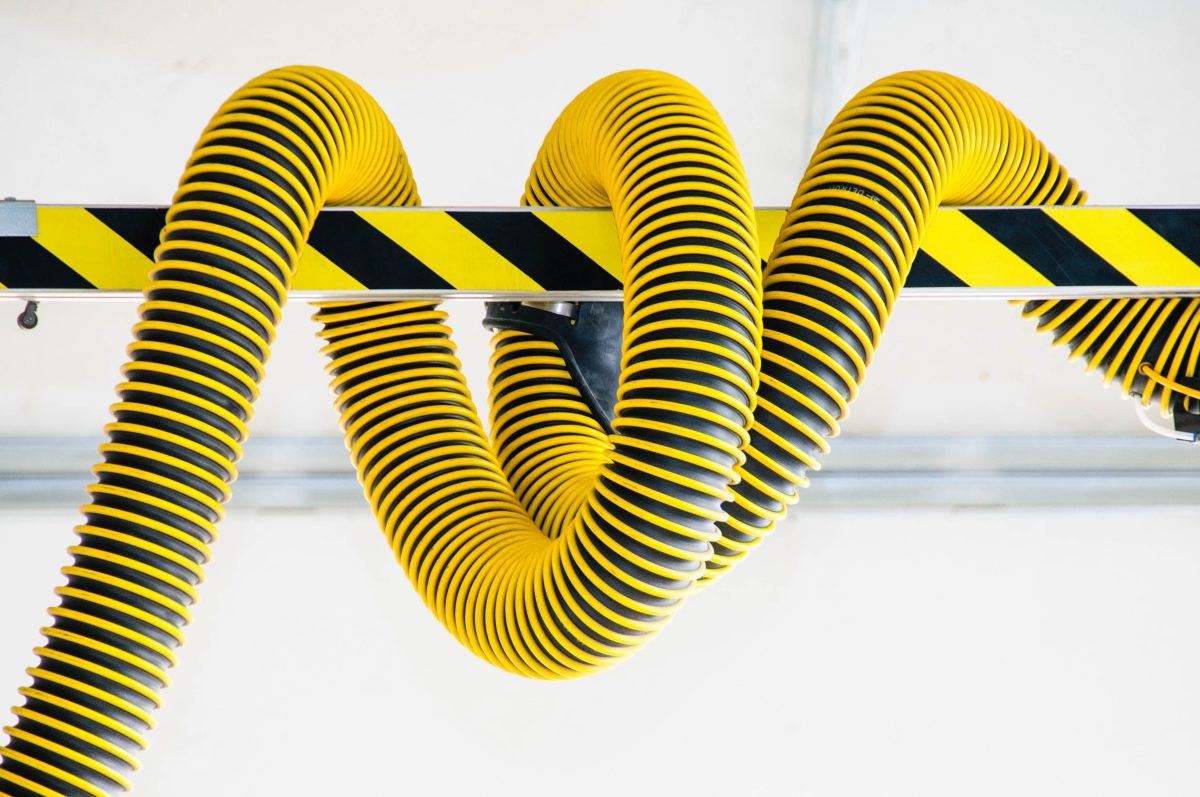Selecting the most suitable irrigation hose for your business is a decision that shouldn’t be taken lightly. The market is brimming with numerous options, each boasting its superiority. However, to find the ideal hose for your unique needs, you need a little insight and thoughtful consideration.
Understanding Your Water Source
Before diving into the world of irrigation hoses, take a moment to understand your water source. Is it a well, a municipal water supply, or perhaps a pond? Different water sources have different characteristics, and your hose choice should align with these.
For instance, if you’re drawing water from a pond, a reinforced rubber hose might be the best choice, as it can withstand the abrasions often present in pond water. On the other hand, a PVC hose may be more suitable for clean municipal water. Understanding your water source is the first step in narrowing down your options.
Considering Hose Material
Irrigation hoses come in various materials, each with its own set of pros and cons. Here’s a quick rundown of some common materials:
- PVC (Polyvinyl Chloride): PVC hoses are lightweight, cost-effective, and suitable for a variety of applications. They are resistant to abrasions and UV rays but may become brittle over time.
- Rubber: Rubber hoses are durable and flexible, making them a great choice for rough terrains. They’re resistant to kinking but can be heavier than other options.
- Polyethylene: These hoses are known for their flexibility and resistance to chemicals. Polyethylene hoses are lightweight and often used for drip irrigation systems.
- Vinyl: Vinyl hoses are affordable and lightweight but may not be as durable as other materials. They are suitable for light to moderate use.
Consider the specific needs of your business, such as the terrain, weather conditions, and the types of crops you’re irrigating, to determine the most suitable material for your irrigation hose.
Size Matters
The importance of selecting the right size for your irrigation hose cannot be overstated for achieving optimal functionality. The diameter of the hose directly influences the rate of water flow. If the size is not properly matched, you might end up with inadequate water for your crops or too much pressure, which could damage the hose.
Consider how far the water needs to travel and the volume needed for effective irrigation. It’s wise to refer to the manufacturer’s specifications and guidance to make sure you select a hose size that’s tailor-fit for your particular needs.
Understanding Pressure Ratings
Irrigation systems function under various pressure levels, and it’s essential that your hose can withstand these pressures without losing its integrity. Make sure to check the pressure ratings listed by the manufacturer and align them with the demands of your irrigation setup.
Going over the recommended pressure can cause the hose to fail and leak, which undermines the efficiency of your irrigation system. Conversely, opting for a hose with a pressure rating much higher than you need could lead to unnecessary expenses without any real advantages.
Weather Resistance
Your irrigation hose will likely be exposed to the elements, so considering its resistance to weather conditions is crucial. UV rays, extreme temperatures, and harsh weather can impact the longevity and performance of the hose.
If your business operates in an area with intense sunlight, choosing a hose with UV resistance is essential to prevent degradation over time. Similarly, hoses with resistance to extreme temperatures are preferable in regions where temperature fluctuations are common.
Flexibility and Maneuverability
The terrain of your agricultural or landscaping area plays a significant role in the type of hose you should choose. If your irrigation system covers uneven or hilly terrain, a flexible and maneuverable hose is essential.
Rubber hoses, known for their flexibility, are often a good choice for irregular landscapes. Consider the ease of handling and installation, as a hose that is too stiff or difficult to maneuver can slow down your irrigation process and lead to frustration for your team.
Longevity and Durability
Investing in a durable and long-lasting irrigation hose is a smart business decision. While the initial cost may be higher for some materials, the longevity they offer can result in significant savings over time.
Check for features such as reinforced layers, anti-kink technology, and abrasion resistance. Reading reviews from other businesses with similar needs can provide valuable insights into the real-world durability of different hose options.
Ease of Maintenance
Nobody wants to spend unnecessary time and effort on hose maintenance. Look for hoses that are easy to clean and resistant to mold and mildew. Some materials are naturally more resistant to these issues, ensuring that your irrigation system stays clean and functional with minimal maintenance.
Conclusion
Several factors come into play when choosing the right irrigation hose for your needs. These factors range from the nature of your water source and the material composition of the hose to its size, pressure handling capacity, and durability under various weather conditions. By thoroughly assessing your specific requirements and comparing the attributes of different hoses, you can select an option that ensures efficient and reliable irrigation, whether for agricultural fields or landscaping projects. Remember, the right hose is not just a simple purchase; it’s a strategic investment in the growth and enduring success of your business.
